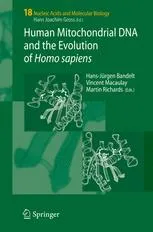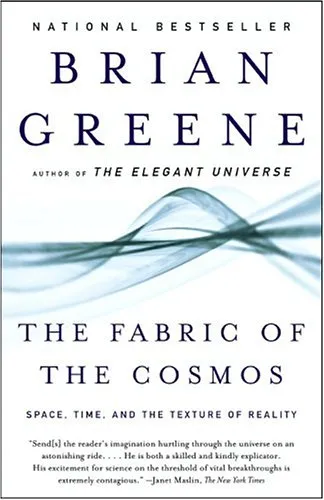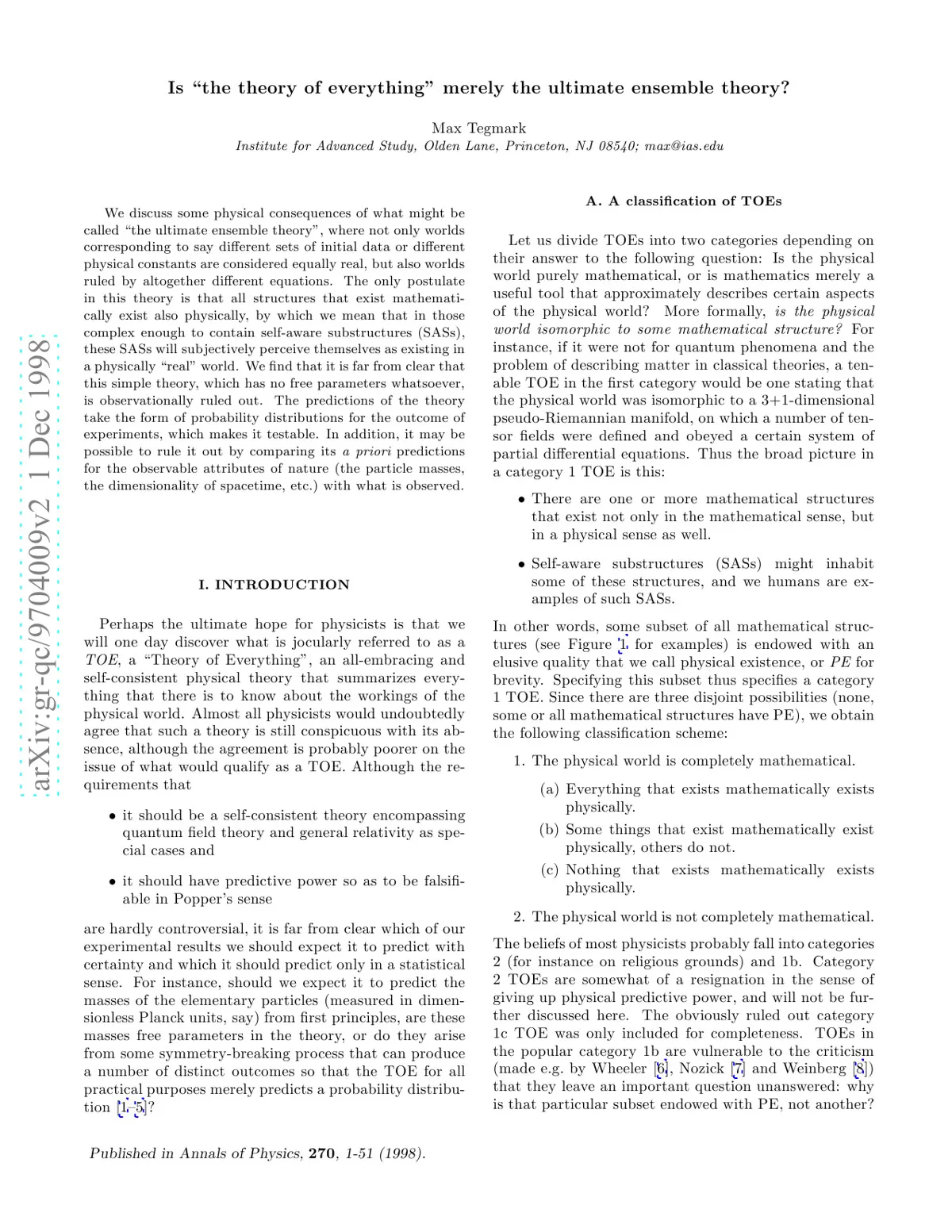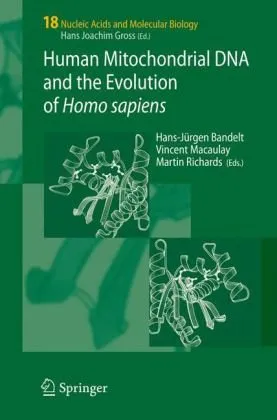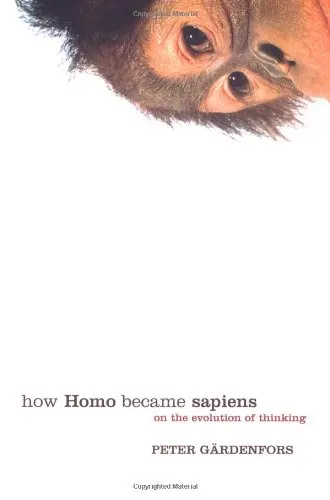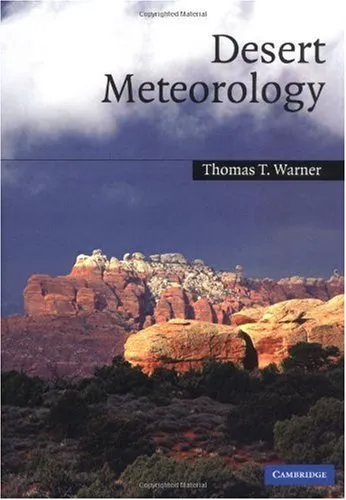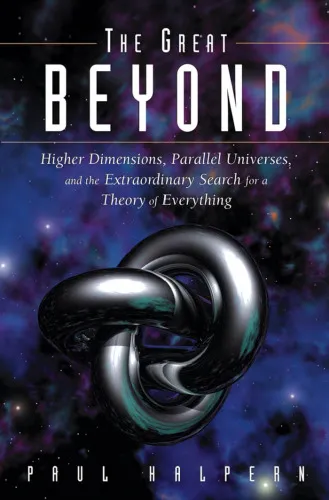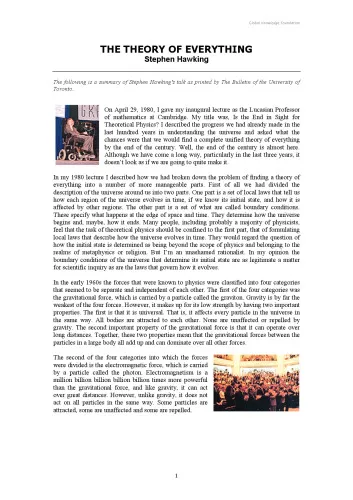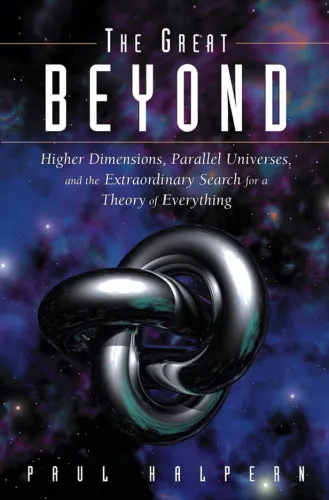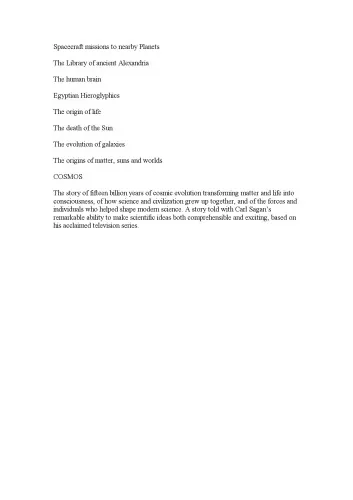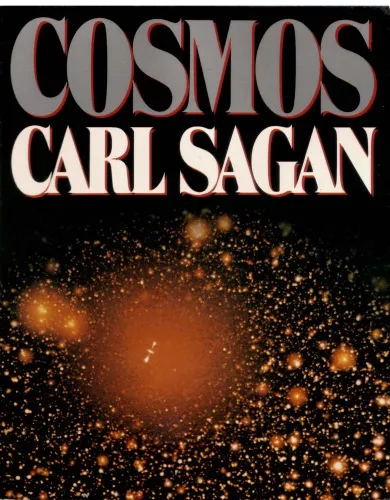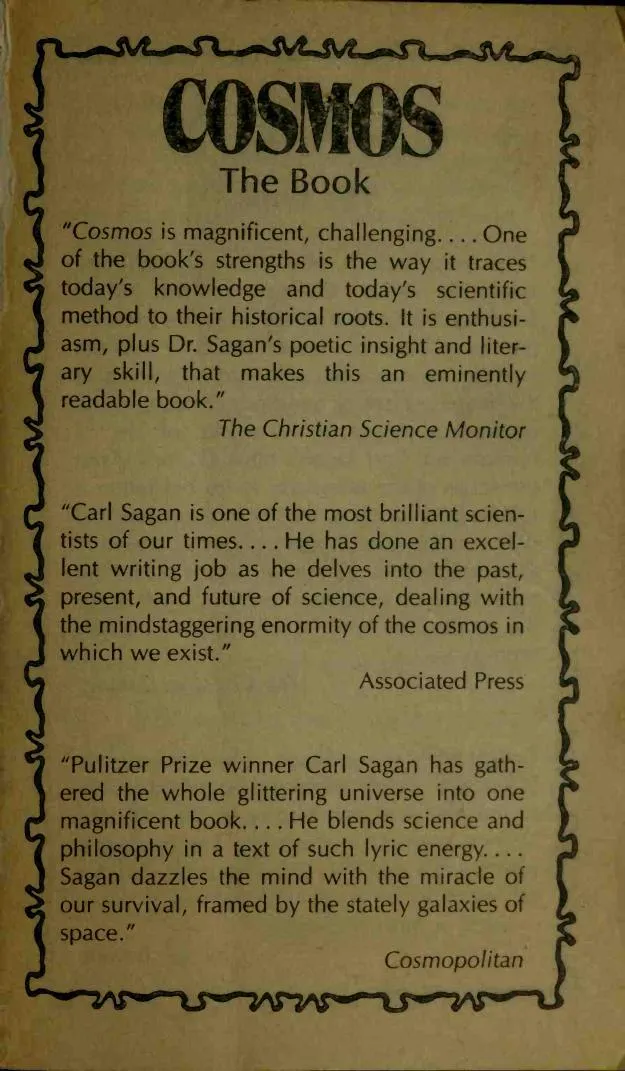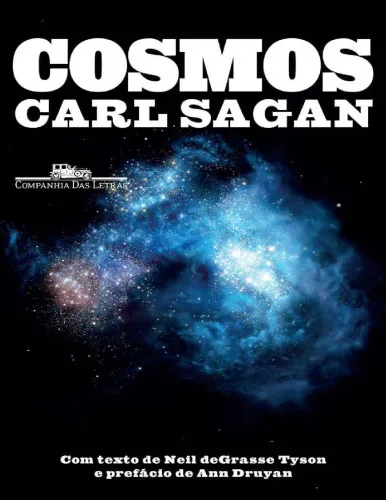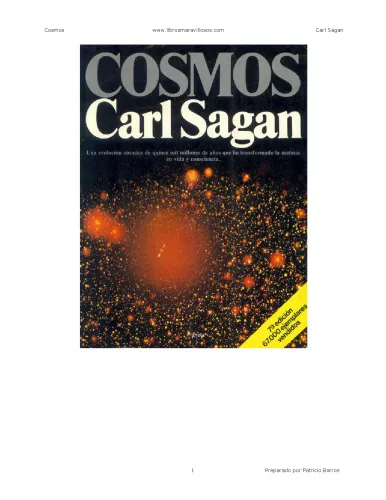Human Mitochondrial DNA and the Evolution of Homo sapiens
4.5
Reviews from our users

You Can Ask your questions from this book's AI after Login
Each download or ask from book AI costs 2 points. To earn more free points, please visit the Points Guide Page and complete some valuable actions.کتاب های مرتبط:
Introduction to "Human Mitochondrial DNA and the Evolution of Homo sapiens"
The book "Human Mitochondrial DNA and the Evolution of Homo sapiens" represents a comprehensive exploration into the profound role of mitochondrial DNA (mtDNA) in shaping our understanding of human evolution. With its compelling synthesis of genetic, anthropological, and archeological research, this book delves deeply into the intricacies of mtDNA to illuminate the story of human ancestry, migration, and genetic diversity.
Written by leading experts in the field, this interdisciplinary volume is both a scientific tour-de-force and an accessible resource for researchers, students, and enthusiasts of evolutionary genetics. By leveraging the mitochondrial genome as a molecular clock, this work uncovers fascinating insights into how and when modern humans dispersed across the globe. This pivotal book serves as both a reference for understanding mtDNA-specific methodologies and a window into the evolutionary roots of Homo sapiens.
Detailed Summary of the Book
The book begins with an introduction to the mitochondrial genome and its unique characteristics, such as its matrilineal mode of inheritance and lack of recombination. These properties make mtDNA a powerful tool in reconstructing the maternal lineage and differentiating evolutionary events. The chapters outline the fundamentals of mtDNA analysis, highlighting its significance in identifying genetic markers and understanding population dynamics.
Subsequent sections focus on groundbreaking studies that trace the origins of modern humans. Using mtDNA as a key line of evidence, the book revisits the "Out of Africa" hypothesis, asserting that all modern humans share a common ancestor who likely lived in Africa approximately 150,000–200,000 years ago. The authors then explore the dispersal of early human populations, providing a detailed exploration of regional migrations and admixture events that contributed to the rich tapestry of genetic diversity observed today.
Additionally, the book addresses controversies and unresolved questions in evolutionary genetics, such as the genetic footprints of Neanderthals and Denisovans in modern human DNA. It also evaluates the methodological challenges associated with mtDNA analysis, including mutation rates and potential biases in sampling.
The culmination of the book ties together genetic, linguistic, and archeological findings into a coherent narrative, underscoring how advances in mtDNA research have revolutionized the understanding of human origins and evolutionary history.
Key Takeaways
- Human mitochondrial DNA provides a unique lens to trace maternal lineages through evolutionary time, enabling the study of human ancestry at an unparalleled level of detail.
- The "Out of Africa" hypothesis, supported by mtDNA evidence, highlights that all modern humans have a common origin in Africa before spreading globally.
- Interactions between anatomically modern humans and archaic hominins, such as Neanderthals and Denisovans, are reflected in the genomic contributions of these ancient relatives to modern populations.
- The use of mitochondrial DNA as a molecular clock has transformed the study of population genetics and evolutionary biology.
- Challenges in interpreting mutation rates, heteroplasmy, and sampling biases emphasize the need for rigorous methodologies in genetic research.
Famous Quotes from the Book
"Mitochondrial DNA provides a timeless record of human evolutionary history, one that is written in the very cells that power our existence."
"By tracing the migrations of our ancestors through their maternal lineages, we uncover not only the genetic markers of our past but also the shared heritage of humanity."
"The study of mitochondrial DNA is a profound reminder that the story of Homo sapiens is ultimately a story of connection, migration, and adaptation."
Why This Book Matters
"Human Mitochondrial DNA and the Evolution of Homo sapiens" is an indispensable resource for understanding the genetic basis of human evolution. Its relevance extends beyond the academic realm, offering insights into the universal human experience. By bridging diverse fields such as genetics, anthropology, and history, this book enriches our appreciation of what it means to be human.
In an era of scientific and technological advancements, this book underscores the importance of genetic research in addressing questions about our origins. It invites readers to consider how shared genetic heritage can contribute to a more unified understanding of humanity, transcending cultural and geographical barriers. Its narrative is not just about scientific discovery but also about the unifying threads woven into the fabric of our evolutionary journey.
Free Direct Download
You Can Download this book after Login
Accessing books through legal platforms and public libraries not only supports the rights of authors and publishers but also contributes to the sustainability of reading culture. Before downloading, please take a moment to consider these options.
Find this book on other platforms:
WorldCat helps you find books in libraries worldwide.
See ratings, reviews, and discussions on Goodreads.
Find and buy rare or used books on AbeBooks.
1252
بازدید4.5
امتیاز0
نظر98%
رضایتReviews:
4.5
Based on 0 users review
Questions & Answers
Ask questions about this book or help others by answering
No questions yet. Be the first to ask!
